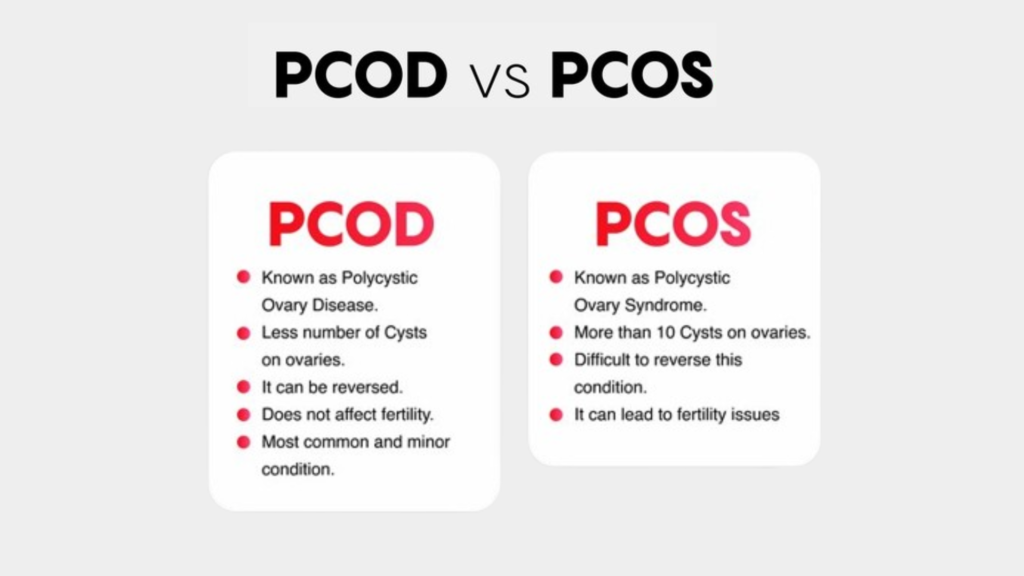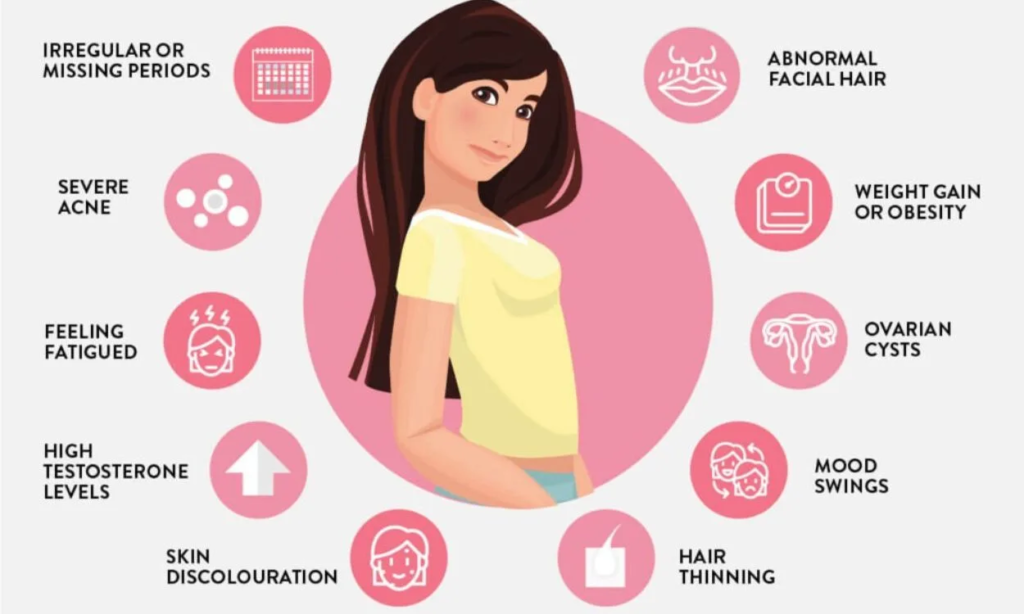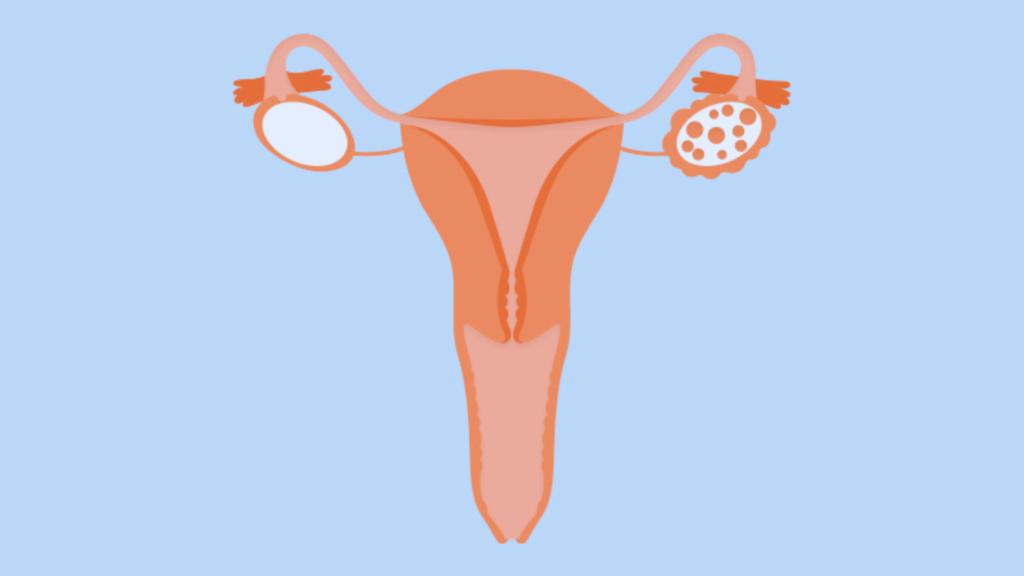Did you know that 6 out of 10 women suffer from PCOD? Yes, it’s true. PCOD, or Polycystic Ovary Syndrome, is a hormonal issue that affects the ovaries and ovulation, and it’s become a common health concern for women. Symptoms include excess hair growth on the face and body, irregular periods, male-pattern baldness, and more.
It’s crucial to differentiate between PCOD and irregular periods caused by other health issues. This blog provides basic information on PCOD, its symptoms, and how it impacts fertility.
What is PCOD? PCOD, or Polycystic Ovary Disease,
occurs when hormonal balance is disrupted. The ovaries produce estrogen and a small amount of male sex hormones, including testosterone and androgens. This balance regulates egg development and release each month. When this balance is disrupted, ovulation may stop, and the ovaries may release partially or completely immature eggs, leading to the formation of cysts. Symptoms may include abdominal pain and weight gain.
PCOD vs. PCOS:

PCOD and PCOS are often confused, but they have distinct differences. While PCOD can usually be managed with diet and supplements, PCOS is a more serious metabolic disorder that affects the endocrine system.
Symptoms of PCOD:

Symptoms of PCOD include missed periods, acne, excess body hair, hair loss, and difficulty conceiving. If left untreated, PCOD can lead to complications such as insulin-resistant diabetes and obesity, increasing the risk of heart problems.
Managing PCOD:

Managing PCOD involves maintaining a healthy diet, regular doctor visits, and necessary supplements. Consult a doctor for personalized treatment options.
Whether you’re trying to conceive or not, it’s essential to consult a doctor if you experience irregular periods or other concerning symptoms. Your doctor can assess your condition and recommend the best treatment plan for you. If you have any questions, don’t hesitate to reach out to our health professionals.

